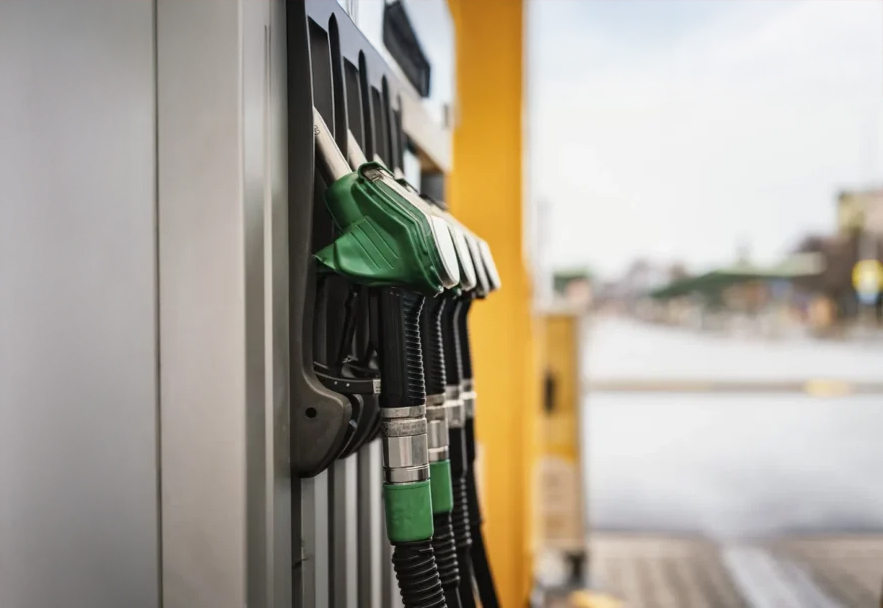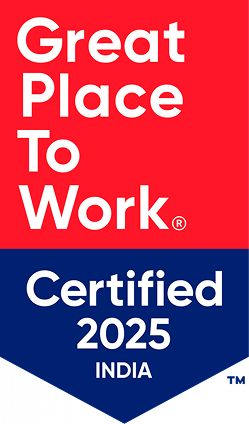
As the global logistics sector faces rising pressure to reduce its carbon footprint, green fuels are emerging as a powerful driver of sustainable change. For transporters and shipping lines, understanding new fuel technologies is no longer optional—it’s essential for staying competitive and compliant in a low-emission future.
From biofuels and LNG to green hydrogen and ammonia, the fuel revolution is reshaping the way goods move across oceans, highways, and railways.
Here’s what the logistics industry needs to know about the latest innovations in green fuels—and how they impact operational choices and long-term sustainability.
Why Green Fuels Matter in Transport and Shipping
The transport and shipping sectors are responsible for a significant share of global greenhouse gas (GHG) emissions. The International Maritime Organization (IMO) estimates that maritime transport alone contributes nearly 3% of global emissions. Road freight adds even more.
As decarbonization targets tighten and ESG reporting becomes mainstream, there’s growing demand for low-emission transport solutions—and fuel innovation sits at the heart of this transition.
Key Green Fuel Innovations Transforming Logistics:
-
Biofuels: The Drop-In Alternative
Biofuels—especially biodiesel and hydrotreated vegetable oil (HVO)—are gaining traction as “drop-in” fuels that can work with existing engines and infrastructure. They’re derived from organic sources like agricultural waste, cooking oil, or algae.
Benefits:
-
Lower lifecycle carbon emissions
-
Compatibility with current engines
-
Increasing availability in ports and logistics hubs
Use Case:
Several shipping lines are already running trial voyages with B20/B30 biodiesel blends.
-
-
Liquefied Natural Gas (LNG): Cleaner But Transitional
LNG is widely used as a lower-emission alternative to heavy fuel oil. While it cuts sulfur oxides (SOx) and nitrogen oxides (NOx), its long-term sustainability is debated due to methane slip.
Benefits:
-
Cleaner combustion than diesel or bunker fuel
-
Widely available and supported by port infrastructure
-
Reduces GHG emissions by ~20% over conventional fuels
Challenges:
Methane leakage remains a concern unless addressed by advanced engine tech.
-
-
Green Hydrogen: The Long-Term Solution
Hydrogen is seen as a game-changing zero-emission fuel, especially for heavy transport and long-haul shipping. When produced via renewable electricity (green hydrogen), it emits no CO₂ at point of use.
Benefits:
-
Zero carbon emissions when used in fuel cells
-
Versatile applications: road, rail, marine
-
Ideal for decarbonizing hard-to-electrify sectors
Challenges:
High production costs and limited refueling infrastructure are current bottlenecks.
-
-
Ammonia: The Future of Maritime Fuel
Ammonia is emerging as a promising marine fuel due to its high energy density and zero carbon emissions during combustion (when used in the right engines).
Benefits:
-
No carbon in its molecular structure
-
Easier to store and transport than hydrogen
-
Backed by major shipping lines and engine developers
Challenges:
Toxicity and safety protocols are key concerns; engine retrofitting may be required.
-
-
Electric and Hybrid Drivetrains for Road Logistics
In urban and short-haul freight, battery electric vehicles (EVs) and hybrid trucks are already in operation. With better range and falling battery costs, electric transport is becoming viable for mid-range operations too.
Benefits:
-
Zero tailpipe emissions
-
Lower maintenance and fuel costs
-
Government incentives and compliance benefits
-
How MatchLog Supports Green Fuel Adoption and Emission Reduction
While fuel innovation is critical, so is reducing the need for excess fuel use in the first place.
At MatchLog, we focus on cutting unnecessary transport emissions through container reUse, container triangulation, and route Optimisation—complementing the shift toward green fuels.
We help logistics transition to cleaner operations.
-
Fewer empty container trips through triangulation
-
Optimised routes to reduce fuel usage
-
Carbon tracking tools for Scope 3 emissions reporting
Together, these strategies reduce fuel consumption and support your sustainable logistics goals, whether you’re using biodiesel, LNG, or preparing for hydrogen.
The Road Ahead
The global logistics industry is entering a low-carbon era, and green fuels are at the forefront. While no single fuel is a silver bullet, combined with smart logistics solutions, they pave the way for a cleaner, more resilient transport network.
If you’re a transporter or shipping line ready to take the next step, MatchLog is here to support your journey toward carbon-smart operations. Connect with us through email support@matchlog.delivery or contact us- 1-800-309-9887.

